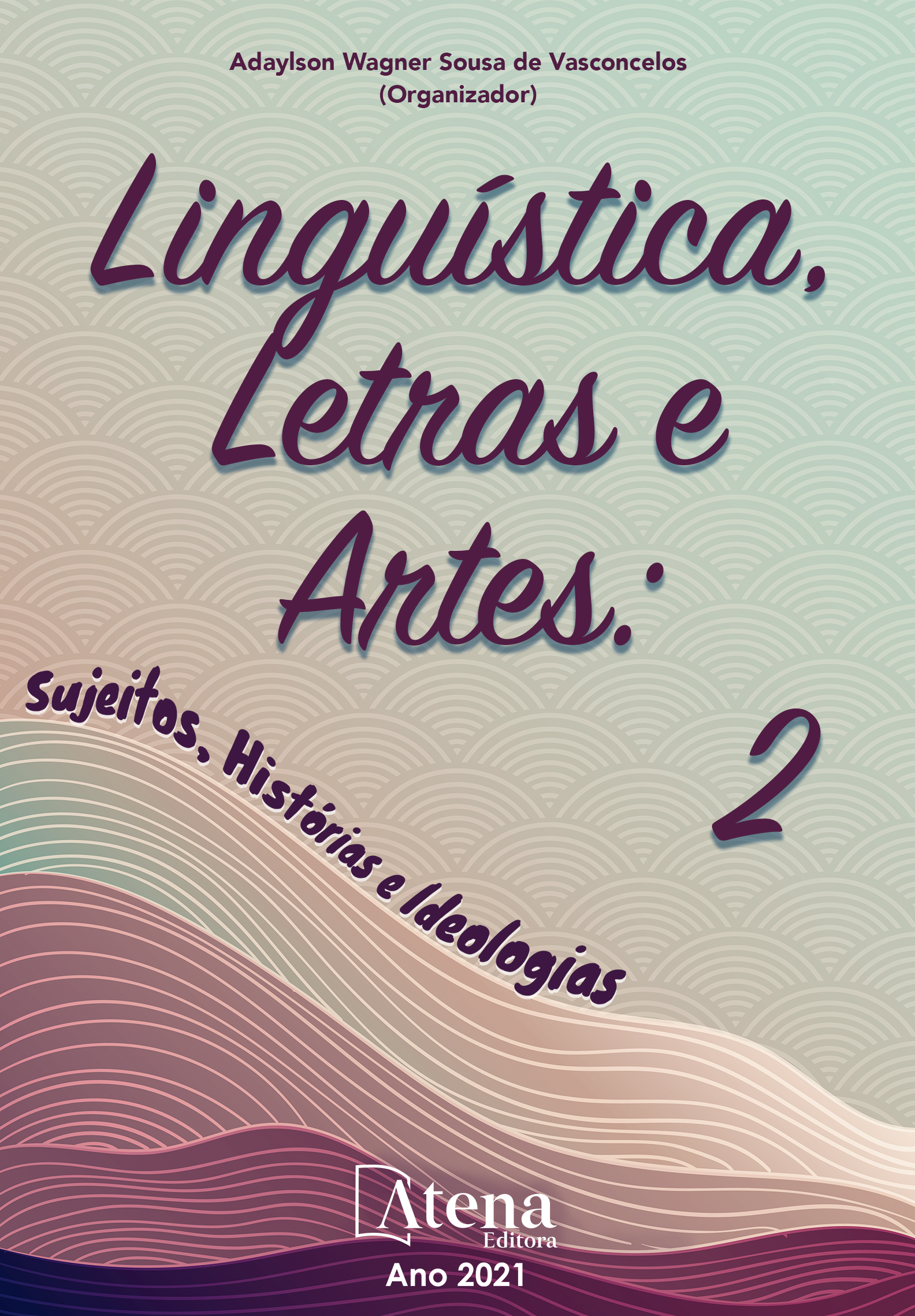
GÊNEROS TEXTUAIS NOS MANUAIS DE PORTUGUÊS LÍNGUA ESTRANGEIRA: O QUE FALTA?
Os textos organizam-se dentro de determinado gênero em função das intenções comunicativas, como parte das condições de produção dos discursos, as quais geram usos sociais que os determinam. A inserção de variados gêneros de texto na didática de línguas é necessária para o acesso às diversas práticas sociais da cultura da língua aprendida. Estudos como os Dias e Dell´Isola (2012) e Júdice (2014) comprovam que, nos atuais manuais didáticos para ensino de Português como Língua Estrangeira (PLE) publicados no Brasil, é notória a diversidade de gêneros textuais, porém é insipiente a exploração de aspectos multidimensionais dos textos nesses manuais. Diante dessa constatação realizamos uma pesquisa em que se investigou o modo como são explorados os gêneros de texto em livros didáticos de PLE. Fundamentando na Teoria de Gêneros, tal como defendem Coutinho (2003, 2012), Miranda (2010), Dell´Isola (2005, 2017) e nas teorias de Swales (1990, 1993, 1998) sobre a organização retórica dos gêneros e nas de Bazerman (2005) sobre os sistemas de atividades e de gêneros, apresentamos, em linhas gerais, a descrição geral de como são explorados os textos nos livros didáticos de PLE. Concluímos que é urgente uma abordagem de ensino de língua centralizada na natureza, na função e na organização dos gêneros de texto associada às condições interativas de produção e recepção textual. Com base na análise realizada, sugerimos algumas orientações de trabalho com gêneros que, certamente, favorecerão o desempenho de atividades interativas dos aprendentes com outros falantes desse idioma. Pretende-se com esta comunicação, levantar uma discussão relativa à importância do contato dos aprendentes com gêneros textuais, propondo um trabalho consistente com foco na constituição (natureza e delimitação) dos gêneros e nas esferas de uso da língua em que eles se realizam como atividades constitutivas de interação verbal.
GÊNEROS TEXTUAIS NOS MANUAIS DE PORTUGUÊS LÍNGUA ESTRANGEIRA: O QUE FALTA?
-
DOI: 10.22533/at.ed.2822128049
-
Palavras-chave: Gênero de texto, Textos, Português Língua Estrangeira, Diversidade, Ensino.
-
Keywords: Text genre, Texts, Portuguese as a Foreign Language, Diversity, Teaching
-
Abstract:
Texts are organized within certain genres according to communicative purposes, as part of the conditions of production of the discourse, which in turn generate the social uses that determine them. The inclusion of varied genres in the teaching of languages is necessary for access to the different social practices of the culture of the language learned. Studies such as those by Dias and Dell´Isola (2012) and Júdice (2014) show that, in current teaching manuals of Portuguese as a Foreign Language (PLE) published in Brazil, the diversity of genres is evident, but the exploration of multidimensional aspects of texts in these manuals is incipient. Considering these findings, we have conducted a survey to investigate how text genres are explored in PLE textbooks. Based on Genre Theory, as advocated by Coutinho’s (2003, 2012), Miranda’s (2010), Dell´Isola´s (2005, 2017) and Swales´; (1990, 1993, 1998) theories on the rhetorical organization of genres, and on Bazerman´s (2005) discussions on genres and activity systems, we present, in general lines, the overall description of how texts are explored in PLE textbooks. We conclude that an approach to language teaching centered on the nature, function and organization of text genres associated with the interactive conditions of text production and reception is urgent. Based on our analyses, we suggest some guidelines for working with genres that will certainly favor the performance of learners in interactive activities with other speakers of that language. The aim of this communication is to raise a discussion regarding the importance of learners; contact with textual genres, by proposing consistent work focusing on the constitution (nature and delimitation) of genres and the spheres of language use in which they are used as constitutive activities of the verbal interaction.
-
Número de páginas: 14
- Regina L. Péret Dell’Isola


